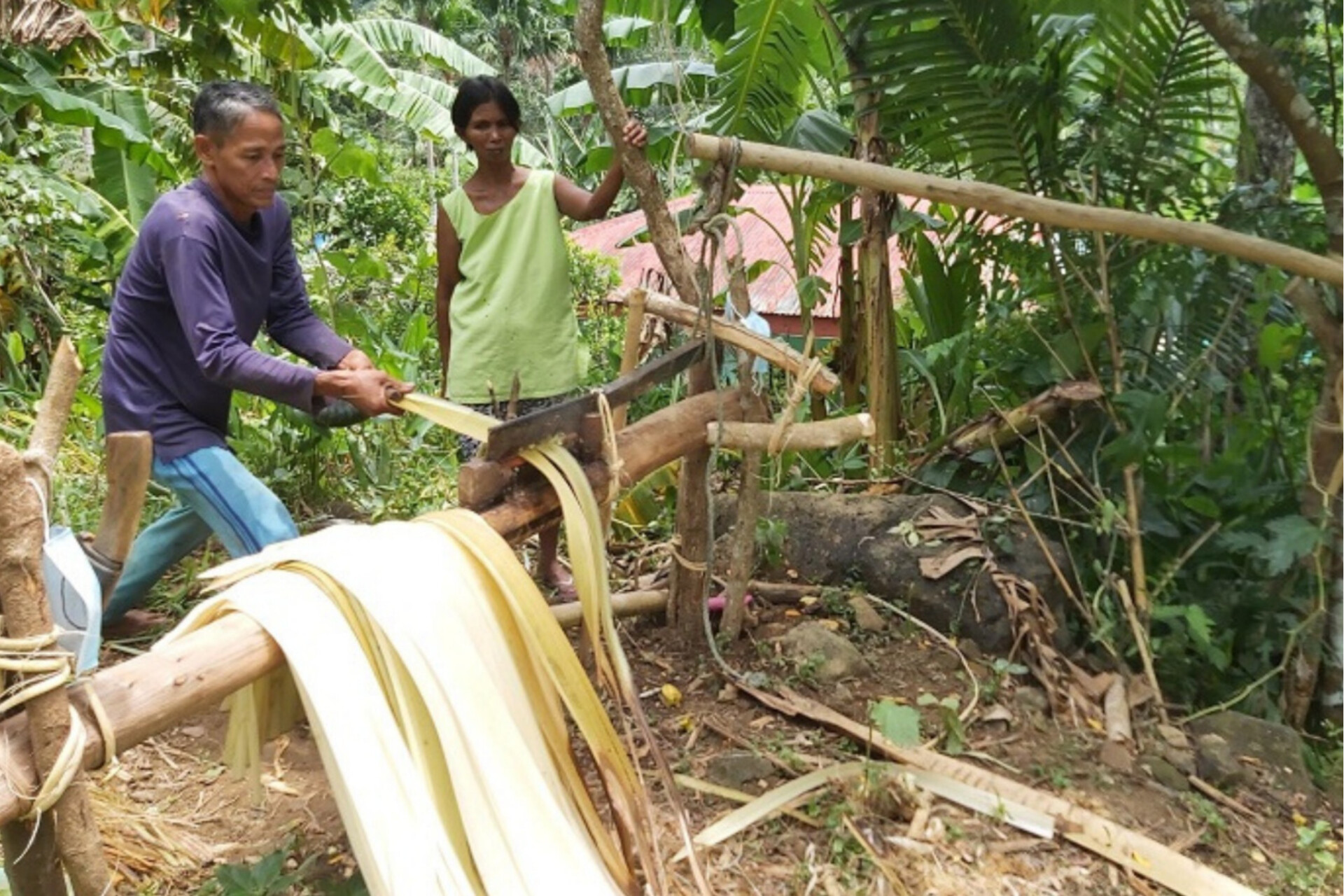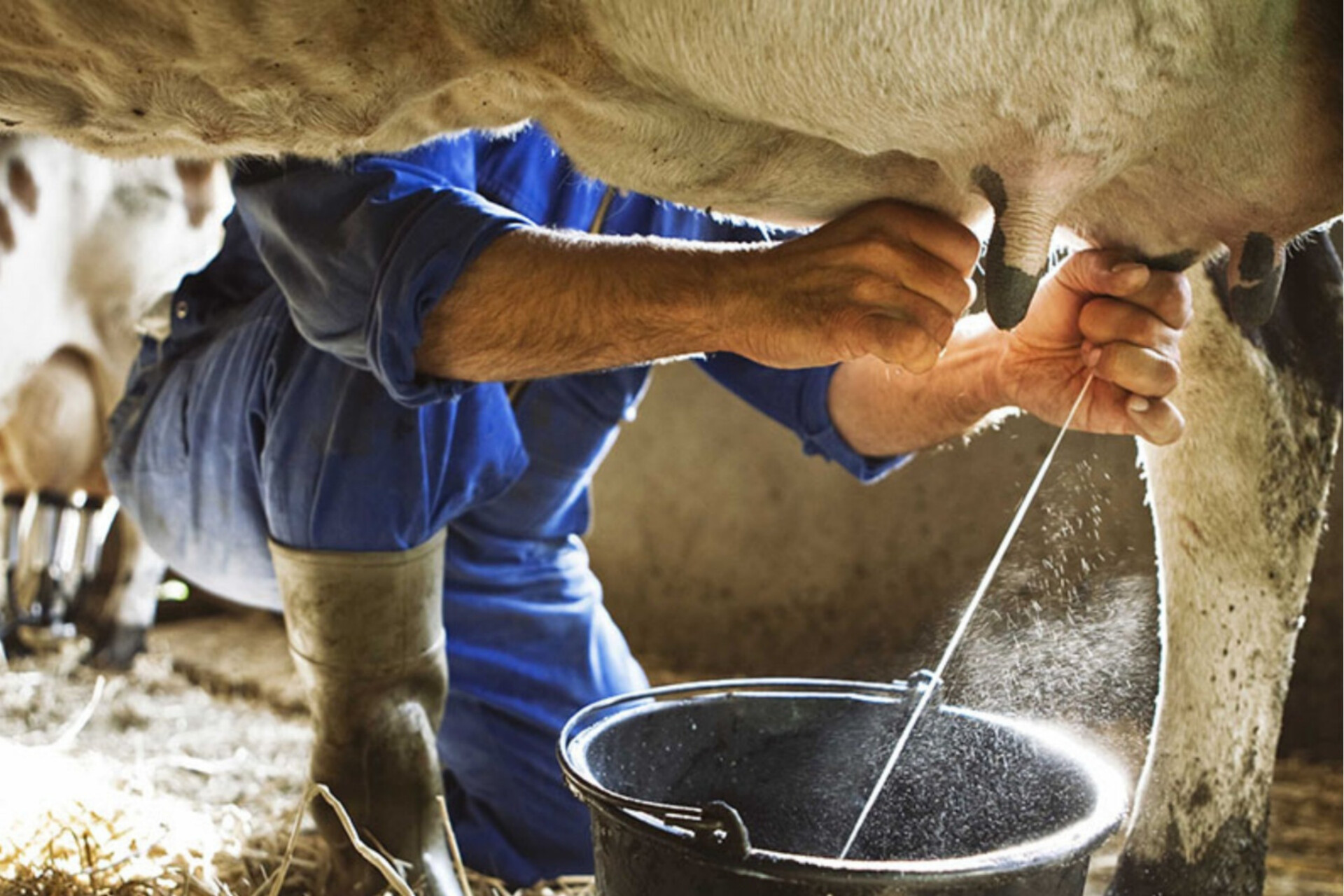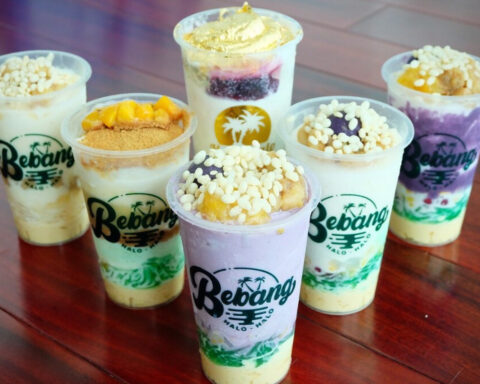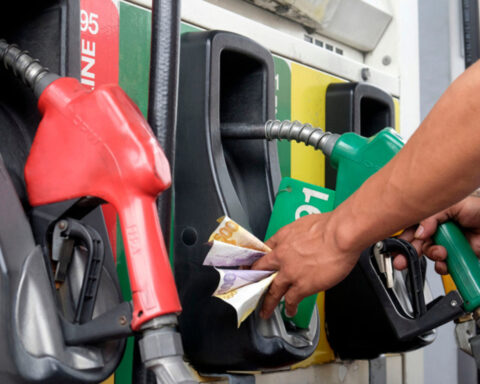Abaca, once used for Philippine bills, is being explored as an alternative to plastic bags and containers that contribute to environmental pollution.
Known for its strength, abaca fiber can be combined with other local fibers like pineapple and spider lily to create natural fiber composites, which are stronger and more resilient than traditional plastics.
These composites can replace up to 40% of plastic in products, and unlike plastic, they are recyclable or compostable, offering an environmentally friendly solution.
D&L Industries Inc. has been developing this technology for 25 years, working on scaling production and creating a market for sustainable plastic alternatives.
The company’s innovations in fiber-plastics technology could revolutionize industries such as automotive, construction, and consumer goods while reducing reliance on harmful plastics.
Source: PhilNews24 | February 16, 2025
Latest from Business
Robinsons Retail Holdings Inc. (RRHI) has raised its five-year share buyback program by ₱2 billion, bringing
The Philippine economy remains resilient despite domestic challenges and global uncertainties, according to DEPDev Secretary Arsenio
Bebang Halo-Halo, the viral Filipino dessert brand, is planning its first international expansion with a debut
Google Pay has officially launched in the Philippines, allowing Visa cardholders to add credit, debit, or
Major oil companies, including Jetti, Petron, Seaoil, Caltex, and PTT Philippines, will raise gasoline and diesel







